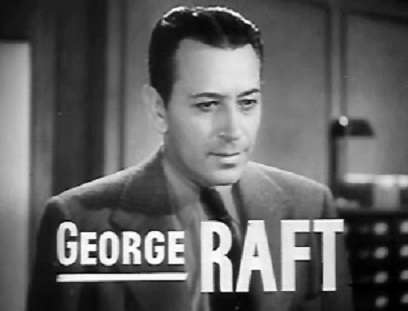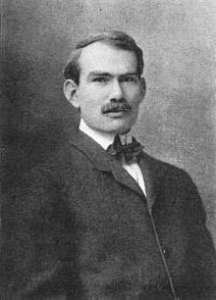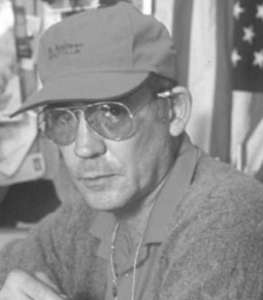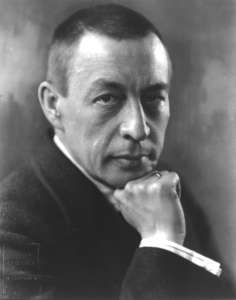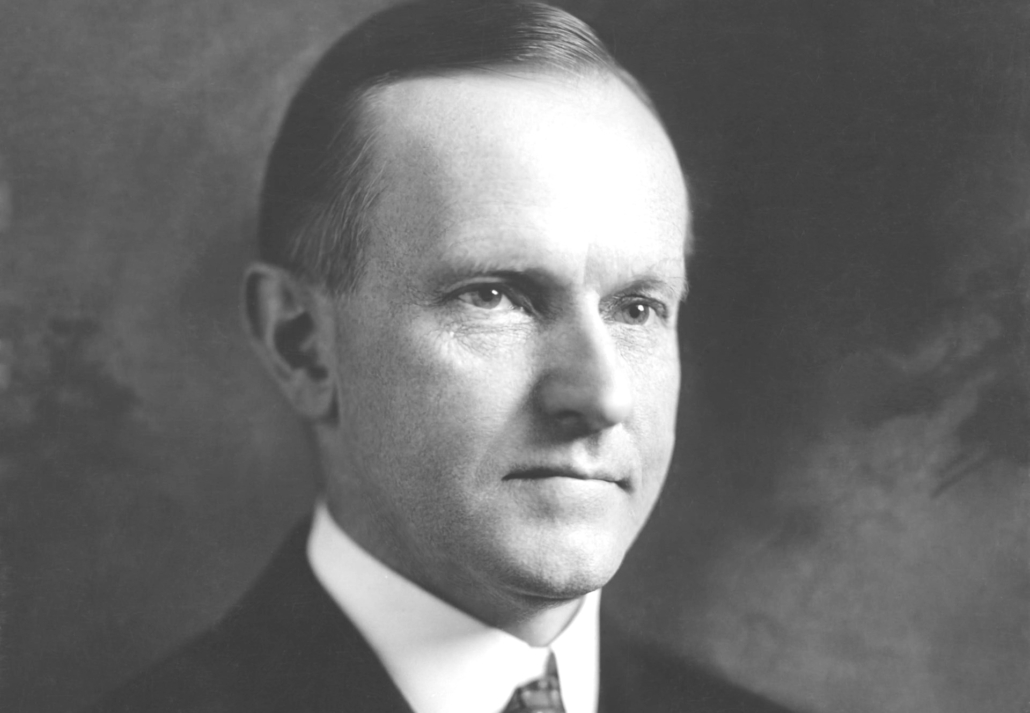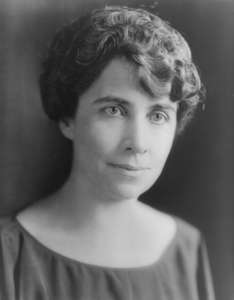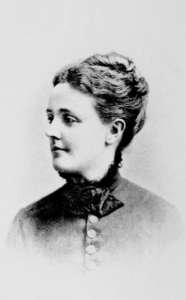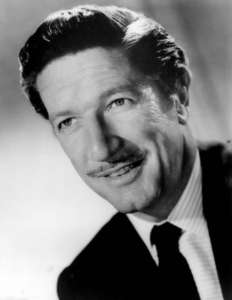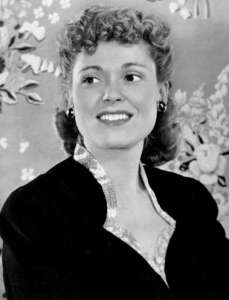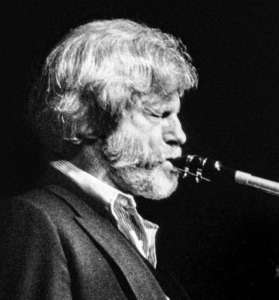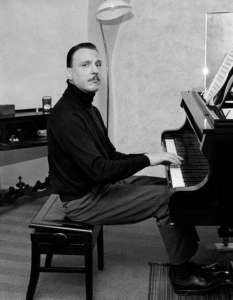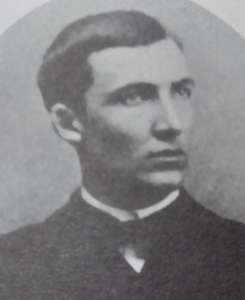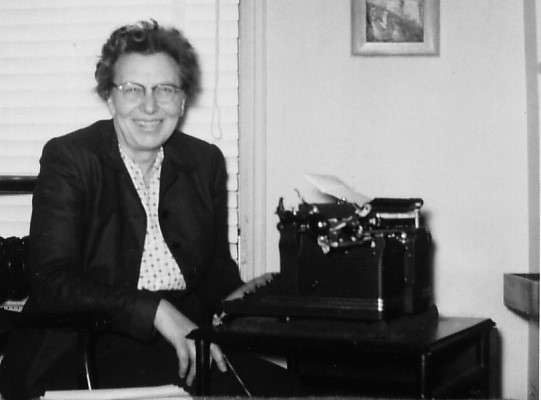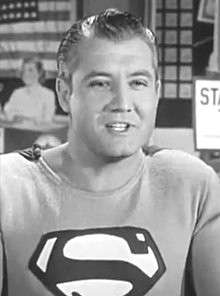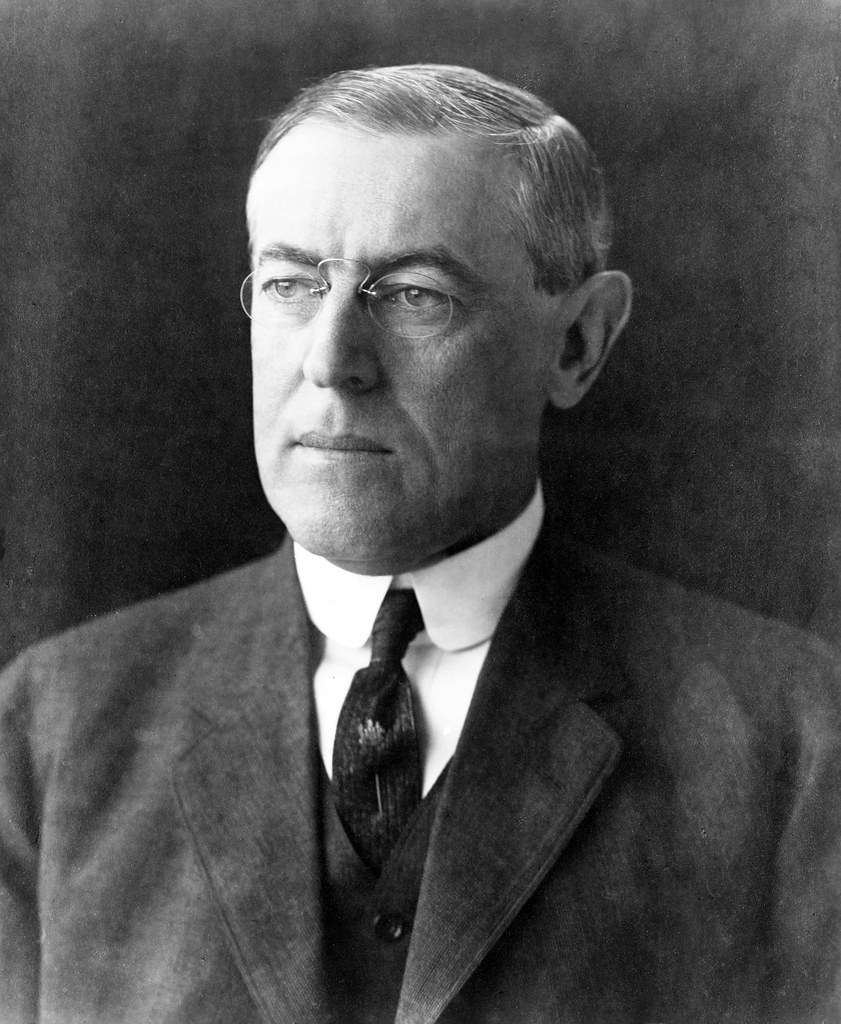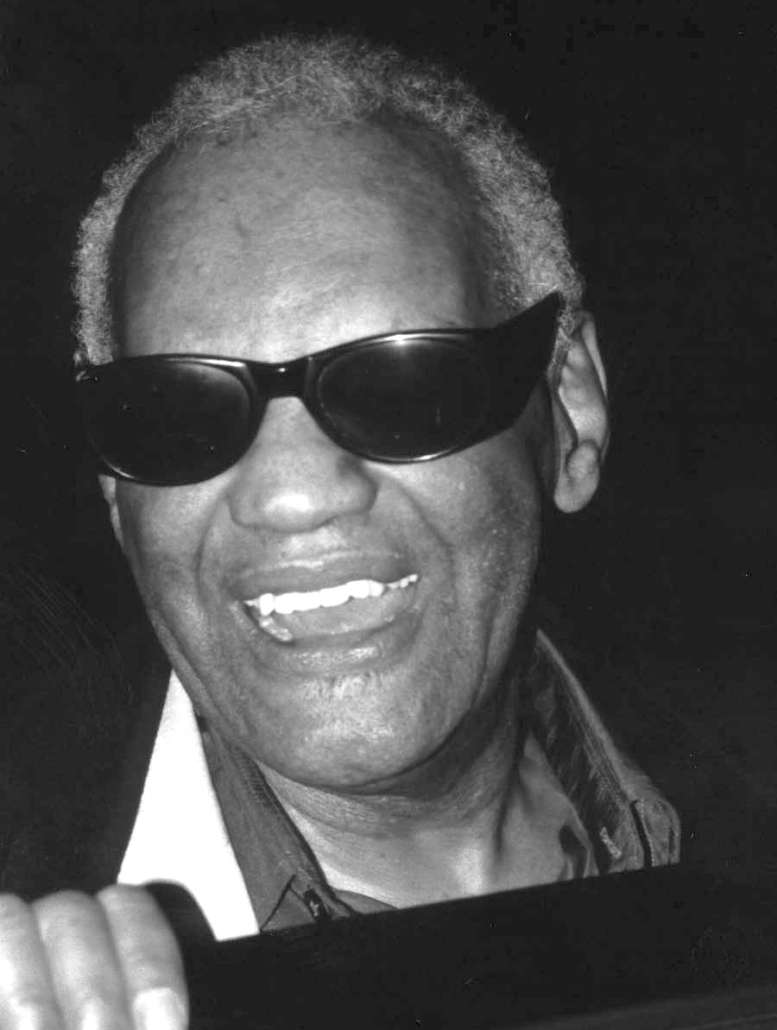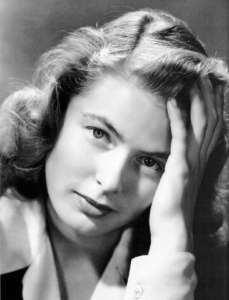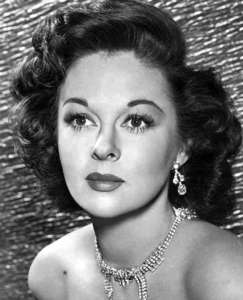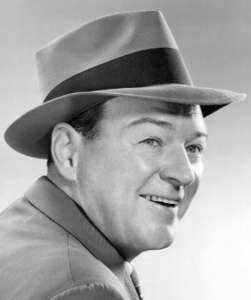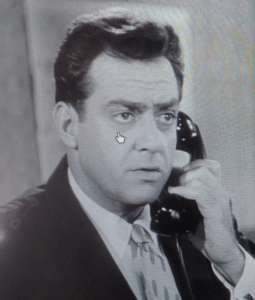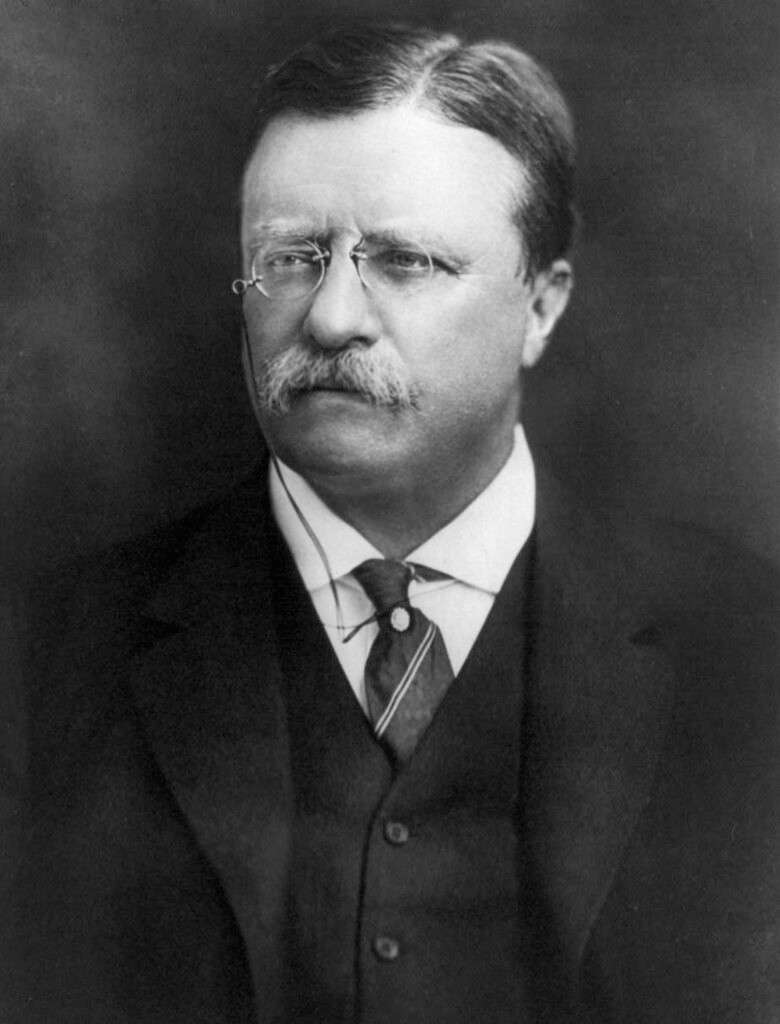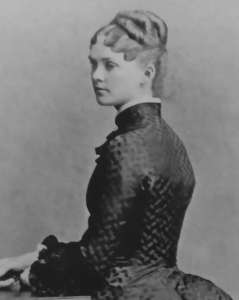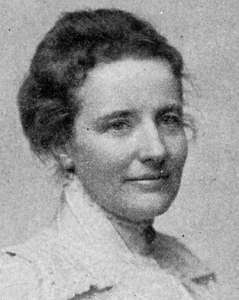REVIEW POTPOURRI: Music, TV and books!
 by Peter Cates
by Peter Cates
George Raft
Having for so long equated actor George Raft (1901-1980) with his role as the Saint Valentine’s Day killer/bootlegger Spats Columbo in the 1958 comedy Some Like It Hot, I found it interesting to see him in a good guy role in the 1952 film noir Loan Shark. He portrays a just-released ex-convict Joe Gargen who simply wants to live a quiet life and mind his own business.
Through his sister’s husband, he lands a job at a tire plant.
Unfortunately, he finds out there’s a gang of loan sharkers preying on workers there and at other plants. And after his brother-in-law is killed because he tries to rally workers to fight back, Joe decides to go undercover to find the individuals behind the operation.
The script was written by Martin Rackin, who also did a superb one for 1950s The Enforcer with Humphrey Bogart. And with a very good support cast, including Dorothy Hart, Paul Stewart and John Hoyt, the movie is highly entertaining.
Black List
I am watching the 10th and very unfortunately last season of NBC’s Black List starring James Spader as Raymond Reddington, a master criminal who knows everything there is to know about every other criminal and becomes a secret informant for a secret branch of the FBI.
In its 10 seasons, Spader constantly steals the show with his wit and insights.
Elevator Music
A 1995 book entitled Elevator Music, by Joseph Lanza, is the first to provide a history of easy listening. Its practitioners in the U.S. include the orchestras of Lawrence Welk and Mantovani, the synthesizer musician Yanni, pianist Richard Clayderman and Celtic New Age singer Enya, etc. With all due respect to individual talent, this brand of music making from them relaxes people, provides background noise and even works as a sleeping pill.
According to the author, easy listening came in with early radio and one of its inventors Lee De Forest believed “in the physical existence of a universal medium termed either, …’those silent etheric voices, which seem often less of nature than of the spirit realm.’…..Merging the language of science and fantasy, we can infer that from ether came ethereal music” – thus a jump from ethereal to elevator music that lifts the passive listener to the shining stars of the solar system and its dreamland. Enough said!
Hunter Thompson
The late writer Hunter Thompson (1937-2005) created the term Gonzo Journalism which is a form of journalism having little to do with objectivity and more to do with the subjective participation of the reporter and whatever the point of view is being conveyed by him.
In his crazily witty 1988 book A Generation of Swine, Thompson not only mentions the well-known fact of Benjamin Franklin flying his kite during a thunderstorm and getting a shock but also blubbering like a baby every time a thunderstorm occurred after that experience, which just might be a fabrication of Thompson’s imagination.
Rachmaninoff
I wrote some months ago about composer Sergei Rachmaninoff’s desert island melodic masterpiece, the Second Symphony, and how it has generated several distinguished recordings during the last 80 years, including four different ones by his close friend Eugene Ormandy and the Philadelphia Orchestra.
A recording from September 19 and 20, 1994, and released by the BBC Music Magazine featured the late Edward Downes (1924-2009) conducting the BBC Philharmonic in a performance that glows with a consummate combination of power, beauty, rhythmic pulse and a shining array of exquisite details . And copies are available from Internet vendors such as Ebay and Amazon.
During the last two years of his life, Downes had been going both blind and deaf, and suffering from other health problems after hip replacement, totally dependent on his younger wife Joan’s caregiving.
Meanwhile she had come down with pancreatic cancer and had just a few months to live. Both believing that life under these conditions was no longer viable, they jointly terminated their lives at an assisted suicide clinic in Switzerland, with their son and daughter in attendance, on July 10, 2009. Downes was 85, Joan 74.
An example of classy easy listening done with good taste is a budget-priced LP on the t$2 RCA Camden label which was a subsidiary of the parent label RCA Victor. Its producer Ethel Gabriel organized a group of skilled singers known as the Living Voices who recorded numerous albums with different arrangers such as Nashville’s Chet Atkins; the superb Anita Kerr who passed away last year at 95 and whose records with her singers are consistently lovely; and several others.
A 1964 LP, Living Voices Sing Moonglow and Other Great Standards, has ten favorites from the ‘30s and ‘40s Great American Songbook – the title song, Solitude, I Get a Kick Out of You, My Funny Valentine, These Foolish Things, etc.


